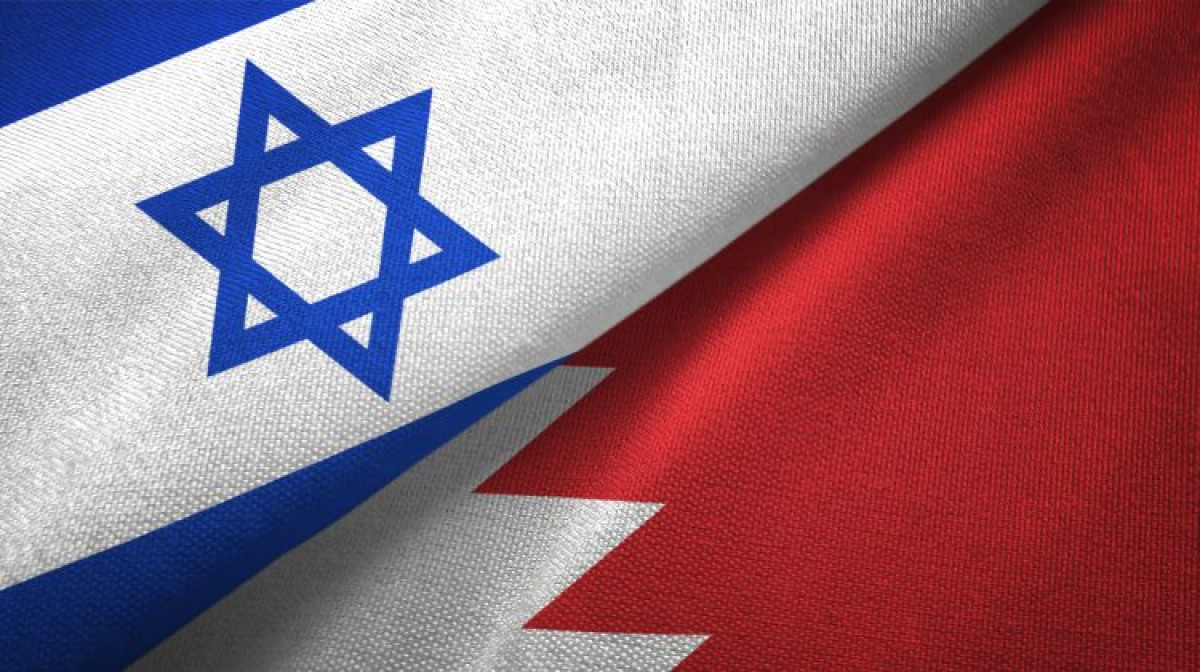 92
92
Since 2011 and more than ten years after the Bahraini people’s democratic and peaceful revolution, the Al-Khalifa regime interprets the slightest criticism of its policies as a security threat and continues to detain its opponents in the most horrible manners conceivable. Arbitrary arrests and forced deportation are among the draconian practices of Bahrain’s rulers.
Bahrainis’ hardship has been aggravated by the expulsion and exile of Ayatollah Isa Qassim and other prominent Bahraini clerics and the resettlement of non-Bahrainis to replace Bahrain’s indigenous population.
According to one estimate, the Al-Khalifa regime has imprisoned approximately 11,000 civilians and revoked the citizenship of hundreds of Bahrainis since the Bahraini pro-democracy uprising began in 2011.
Moreover, Amnesty International and the Bahrain Center for Human Rights (BCHR) have both raised the cases of incarceration of minors and women, child abuse, and arbitrary detention on many occasions.
According to BCHR’s recent report, the Bahraini regime’s security forces launched a new wave of arrests in February 2021 by detaining scores of Bahraini children, torturing them, and threatening them with rape.
The Bahraini opposition has called on the Al-Khalifa regime to desist from torturing political detainees. The Saudi occupation of Bahrain is immediately ended since it has only worsened the country’s humanitarian and political crisis.
To protect Bahrain’s oil wells, the Saudi army invaded Bahrain in 2011 with over 1,000 soldiers and several hundred armoured vehicles, stripping Bahrainis of their freedom, independence and self-determination.
The Saudi policy of indiscriminately targeting Bahraini civilians has prompted commentators to assume that the deployment of the Saudi army in Bahrain was driven by pure religious considerations rather than strategic concerns.
Encouraged by the Al Qaeda-inspired preachers in Saudi Arabia, the Saudi occupation forces viciously persecuted the Bahraini Shia community, the country’s religious majority.
To increase the burden on Bahraini residents, both Shiites and Sunnis, Shia mosques were demolished, Ayatollah Al-Gharifi, an eminent Bahraini nationalist, was imprisoned and intimidated, religious ceremonies were outlawed, and their observance was restricted.
Despite Manama’s collaboration with Tel Aviv in recent years to quell the pro-democracy movement, the anti-regime wave has risen in intensity in Bahrain after signing the so-called Abraham Peace Accords between Tel Aviv and Manama.
Bahraini revolutionaries also utilized religious events during the holy month of Ramadan to voice their opposition to Bahrain’s tyrannical rule and its backing for the Zionist state, which massacred Palestinian Muslims in the recent war in the Gaza Strip. Bahrain’s simmering revolutionary actions have visibly increased in recent days, especially in the evenings.
In the end, it is of utmost importance to highlight that, despite their appalling conditions, Bahrainis in Manama and other Bahraini cities have not changed their demands and are still fighting for the right to self-determination and fundamental democratic freedoms.
Comment
Post a comment for this article